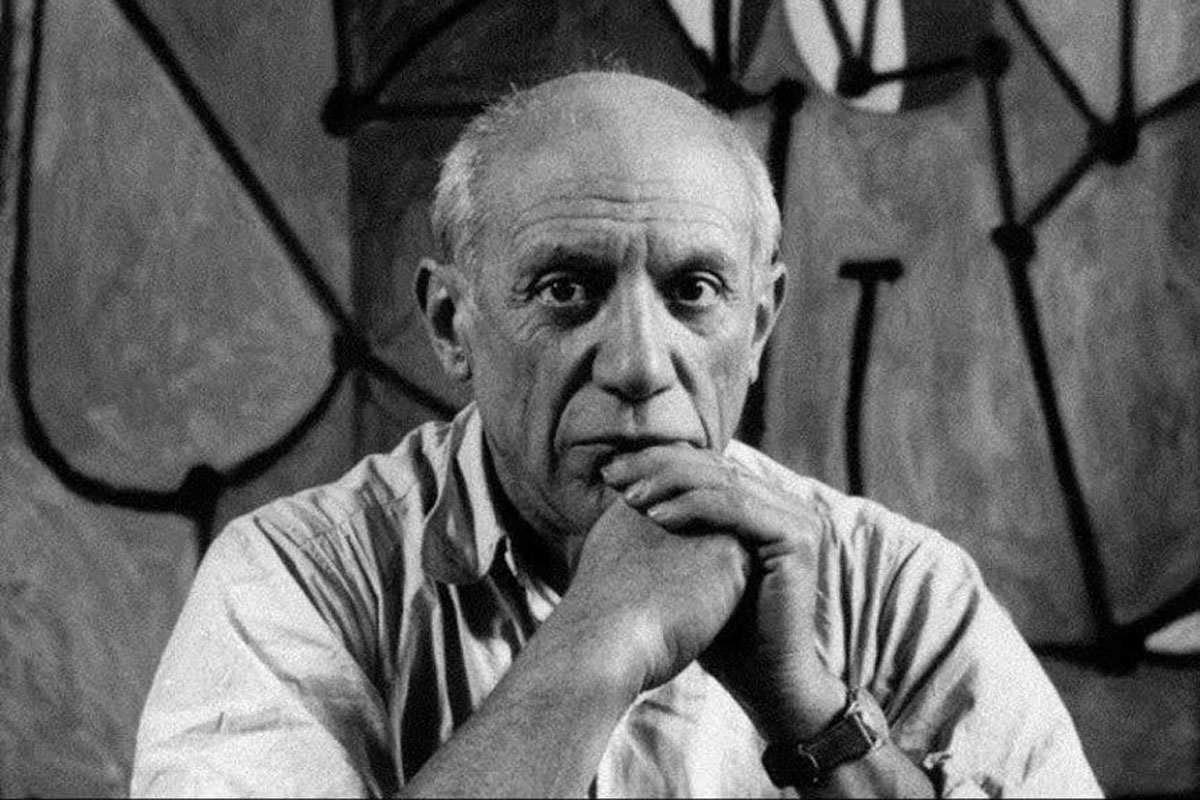This series of articles seeks to examine the character attributes of highly successful leaders, regardless of their adherence to a strong faith or moral standard. In presenting these thoughts, Leadership Ministries is not agreeing with or advocating these traits or practices, but rather presents these as ideas for discussion and development in your own leadership journey.
William Franklin Graham Jr. (1918 – 2018) was an American evangelist and ordained Southern Baptist minister who became internationally well known in the 1940s. He was a prominent evangelical Christian, and was among the most influential religious leaders of the twentieth century.[1] Graham was on Gallup's list of most admired men and women a record 61 times.[2]
In 1949, Graham scheduled a series of revival meetings in Los Angeles, for which he erected circus tents in a parking lot. The crusade event ran for eight weeks. Graham became a national figure with heavy coverage from the wire services and national magazines.
Billy Graham began his ministry preaching to teenagers. A series of crusades in America’s cities made him a national phenomenon. Photo: Billy Graham Evangelistic Association
Graham held large indoor and outdoor rallies with sermons that were broadcast on radio and television. In his six decades of broadcasts, it is estimated that Graham shared his faith with more than 2 billion people. According to his staff, more than 3.2 million people have responded to the invitation at Billy Graham Crusades to “accept Jesus Christ as their personal Savior.” From the time his ministry began in 1947, Graham conducted more than 400 crusades in 185 countries and territories on six continents. Here are some other leadership characteristics Billy Graham is known for:
Standing up for civil rights. Though Graham’s early crusades were segregated, he adjusted his approach in the 1950s. In Alabama for one of his evangelistic crusades in 1965, just months after passage of the Civil Rights Act, Graham talked about the Confederate flag flying “proudly” atop the state Capitol and the fact that both of his grandfathers served as rebel soldiers.[3] Over time, his record on civil rights changed, and he became a strong proponent of racial equality. “Billy Graham inherited a faith in the American South that had accommodated itself to white supremacy, but he demonstrated a willingness to change and turn toward the truth,” said Rev. William J. Barber. “He helped to tear down walls of segregation, not build them up.”
During a 1953 rally in Chattanooga, Tennessee, Graham tore down the ropes that organizers had erected in order to segregate the audience into racial sections. He warned the predominantly-white audience, “We have been proud and thought we were better than any other race, any other people. Ladies and gentlemen, we are going to stumble into hell because of our pride.”
Graham invited Martin Luther King Jr., whom he first met during the Montgomery bus boycott in 1955, to join him in the pulpit at his 16-week revival in New York City, where 2.3 million gathered at Madison Square Garden, Yankee Stadium, and Times Square to hear them. He told a member of the Ku Klux Klan that integration was necessary, primarily for religious reasons. “There is no scriptural basis for segregation,” Graham argued. “The ground at the foot of the cross is level, and it touches my heart when I see whites standing shoulder to shoulder with blacks at the cross.”
Graham’s crusade in South Africa, during the height of Apartheid, was an integrated event which helped to start a movement that eventually led to the end of segregation in the nation. Photo: Billy Graham Evangelistic Association
Graham’s vast notoriety reached the other side of the world, and he was asked to preach in South Africa. Because of their apartheid government, Graham had refused until he could preach to an integrated audience. In 1973—twenty years later—he was finally granted this request. He preached that Christianity is not exclusive to any one people group, but that the “Gospel is for everyone.”[4]
Still, Graham had regrets. In a 2005 interview during his final crusade, Graham said he wished he had fought for civil rights more forcefully. He lamented not joining King and other pastors at voting rights marches in Selma, Alabama, in 1965. “I think I made a mistake when I didn’t go to Selma,” Graham said. “I would like to have done more.”
Discretion precedes influence. Billy Graham had his first meeting with a president on July 14, 1950, with Harry S. Truman. His relationships with the presidents spanned administrations, decades and political parties. Graham was present for many of the most turbulent moments of the latter twentieth century, offering spiritual counsel on everything from personal scandal to war.[5] In 2010, Graham hosted Barack Obama at the Graham family home in North Carolina, making Obama the twelfth chief executive to interact with Graham, something no other religious leader has done.
Graham’s ongoing friendships with presidents is attributed to his discretion—he rarely talked politics and never indicated who he was voting for. He kept his meetings with the leaders absolutely private. Graham also had a gift for keeping things simple. He was a very smart, thoughtful man. Graham, like a president, lived in a celebrity fish bowl—his privacy was every bit as hard to maintain as theirs was, his family life was as challenged, the demands and burdens on him—he as big global celebrity as they were.[6] Graham’s one ugly moment was when he was caught on the Nixon tapes in private meetings with that president, making several crude and antisemitic remarks. He would later issue a written apology and meet with Jewish leaders.[7]
In 1950 a congressman called Billy and asked, “Would you like to meet the President?” Without any briefing on protocol, he agreed and went in with three colleagues and spoke with President Truman, who told Billy he lived by the Sermon on the Mount. Before he left, the two prayed together. Photo: Billy Graham Evangelistic Association
Of his relationships with Presidents, Graham said, “Whether the story of Christ is told in a huge stadium, across the desk of a powerful leader, or shared with a golfing companion, it satisfies a common hunger. All over the world, whenever I meet people face-to-face, I am made aware of this personal need among the famous and successful, as well as the lonely and obscure.”[8]
Trust and delegate. Few people regard Graham as an excellent CEO, but his Billy Graham Evangelistic Association ,during his lifetime of ministry, became a global media and humanitarian corporation. In 2016 they reported income of about $120 million. Headquartered now in North Carolina, the Association also has offices in Hong King, Tokyo and Buenos Aires. They have a weekly radio program, television program, newspaper column, magazine, a filmmaking division and youth discipleship program.
Graham delegated the day-to-day operations of the ministry to scores of trusted lieutenants. His son, Franklin, heads the global humanitarian and disaster relief agency, Samaritan’s Purse. Graham established "checks and balances" at the BGEA via an independent board of directors that established his salary and housing allowance, which is believed to have been under $150,000.[9]
Upon his death in 2018, Graham became the fourth private citizen in United States history to lie in honor at the United States Capitol rotunda in Washington, DC. He is the first religious leader to be so honored. Graham’s pine plywood casket, handcrafted in 2006 by convicted murderers at the Louisiana State Penitentiary, is topped with a wooden cross that was nailed to it by the prisoners.
[1] https://en.wikipedia.org/wiki/Billy_Graham
[2] Newport, Frank. In the News: Billy Graham on 'Most Admired' List 61 Times. Gallup. February 21, 2018. Retrieved March 2, 2018.
[3] https://apnews.com/article/nc-state-wire-us-news-ap-top-news-martin-luther-king-jr-alabama-20d646efe23c469fbbc83cd04ec2fc17
[4] https://www.crosswalk.com/special-coverage/billy-graham/why-billy-graham-was-a-champion-of-the-civil-rights-movement.html
[5] https://www.pbs.org/wgbh/americanexperience/features/billy-graham-president-meet-billy-graham/
[6] https://www.christianitytoday.com/ct/2018/billy-graham/billy-graham-presidents-oval-office-confidante.html
[7] https://www.usnews.com/opinion/thomas-jefferson-street/articles/2018-02-28/dont-forget-billy-grahams-anti-semitic-turn-with-richard-nixon
[8] https://billygraham.org/story/billy-graham-pastor-to-presidents-2/
[9] https://www.newsweek.com/billy-graham-net-worth-814750


































Orville and Wilbur Wright were two American aviation inventors who are credited with the world first successful airplane. They made their first controlled flight in December 1903 in Kitty Hawk, North Carolina.